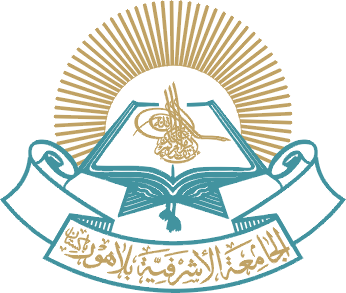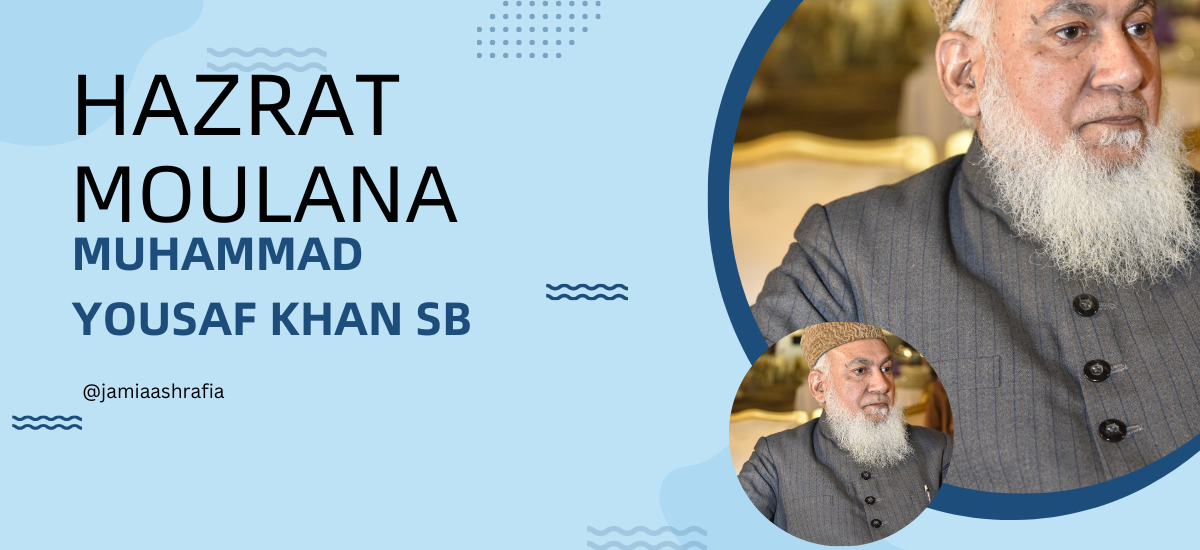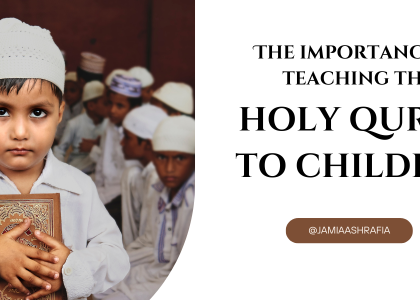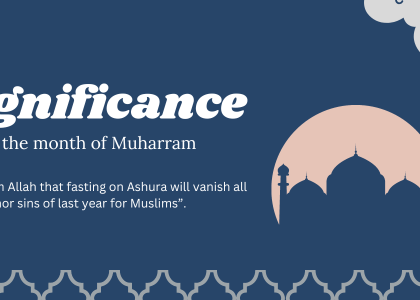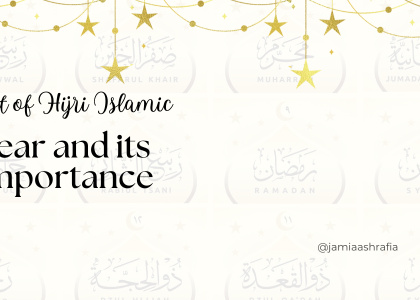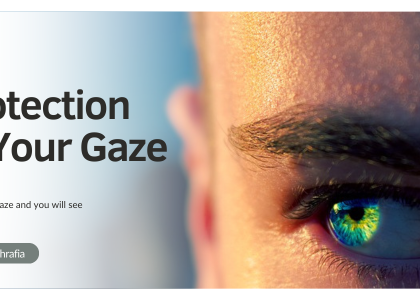Blessings of Ramadhan
Ramadan is a month of blessings for Muslims. The literal meaning of Ramadan is to restrain. It helps Muslims to learn self-abstain. During fasting, Muslims should refrain from eating, drinking, and sexual activities with their partners. Anything other than these three things does not break your fast. The most common misconception is that visiting a dentist for a tooth checkup breaks the fast. Putting medicine in teeth and removal of teeth does not break your fast. Injection, both intra-muscle and intravascular, does not break your fast. For diabetes, patients who need insulin injection before iftar, injecting insulin also does not break their fast. When a diabetic person checks their insulin level by taking out a drop of blood, it breaks your Wazu but not your fast. Vomiting also does not break your fast if it is not intentional. Donating blood during the fast also does not break up your fast. Putting eye drops in your eyes does not break your fast even if you could taste the medicine in your throat. Doing oil massage of hair and body also does not break the fast.
However, putting medicine in your nose and ears can break the fast. But, according to a fatwa by scholars, if a person does not have a hole inside the eardrum, it does not break his fast. Intentionally inhaling any kind of smoke can also break your fast. Some examples could be intentionally inhaling the smoke of Oudh, cigarette smoke, and incense smoke.
Ramazan is the most sacred month for Muslims. Prophet Muhammad used to start praying 2 months before Ramazan to experience this sacred month. He used to pray
“اَللّٰهُمَّ بَارِكْ لَنَا فِيْ رَجَبَ وَشَعْبَانَ وَبَلِّغْنَا رَمَضَانَ”
A few days before Ramadan, the Holy Prophet used to gather all the Sahaba Ikram and tell them the significance and blessings of Ramadan. Allah teaches us the importance of Ramadan in Surah Bakarah, verse 183 to verse 187. Nowadays, our young generation is unaware of the significance of Ramadan. We are responsible for not teaching our kids. This Ayat tells the farziyat of Ramadan.
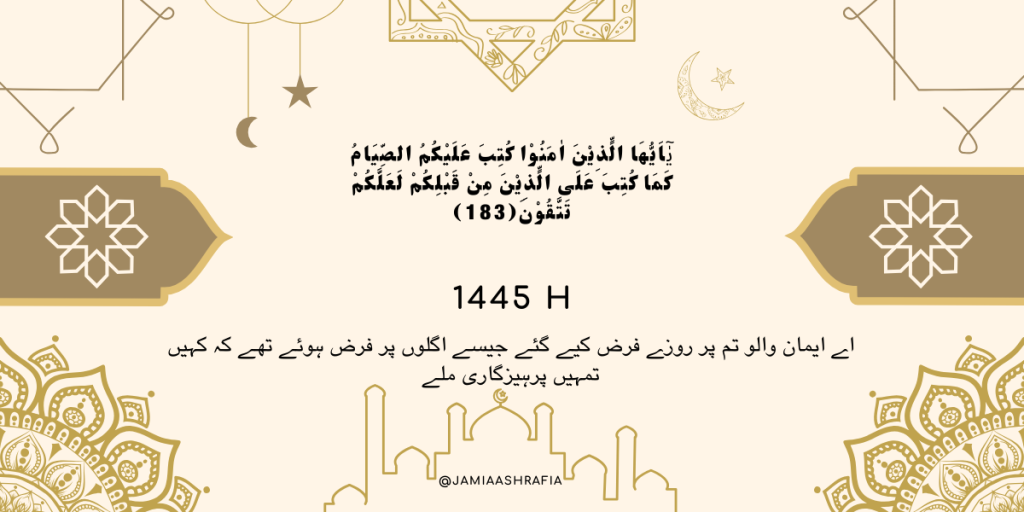
“یها الذین آمنوا کتب علیکم الصیام کما کتب علی الذین من قبلکم لعلکم تتقون”
The most common practice in many households is that even during Ramadan, they still put up a table of food for breakfast, lunch, and dinner. This is considered Gunnah e Kabirah. This eliminates the importance of Ramadan because you are not teaching your kids to abstain from food during their fast. Hence, it is a parent’s job to teach their kids the importance of the month of Ramadan and when they reach puberty, it is up to them, and they will be responsible for their actions. Parents will not be responsible for their doings; they are judged for just conveying the message to them.
Fasting was also practiced before the obligation of Ramadan in other religious books. The primary difference between those fasts and fasts of Ramadan is that in those fasts, there was no concept of Sehri. You break your fast at the time of dawn and you can eat until you fall asleep. After that, you can only eat food the next day at the same time as dawn. During the initial days when Ramadan without eating Sehri was practiced, it was the time of extreme summer season. Many Sahaba became unconscious due to dehydration. It was getting very difficult to maintain fast. As I mentioned earlier, Fast used to start as soon as you fell asleep. During the night, some Muslims get involved in sexual activities with their partners and this breaks up their fast. At that time this Ayat was revealed which brought up the concept of doing Sehri. “عَلِمَ اللَّهُ أَنَّكُمْ كُنْتُمْ تَخْتَانُونَ أَنْفُسَكُمْ”. According to this Ayat, Muslims were permitted to eat and drink until the time of Sehri and satisfy themselves during that duration. Hadis says:
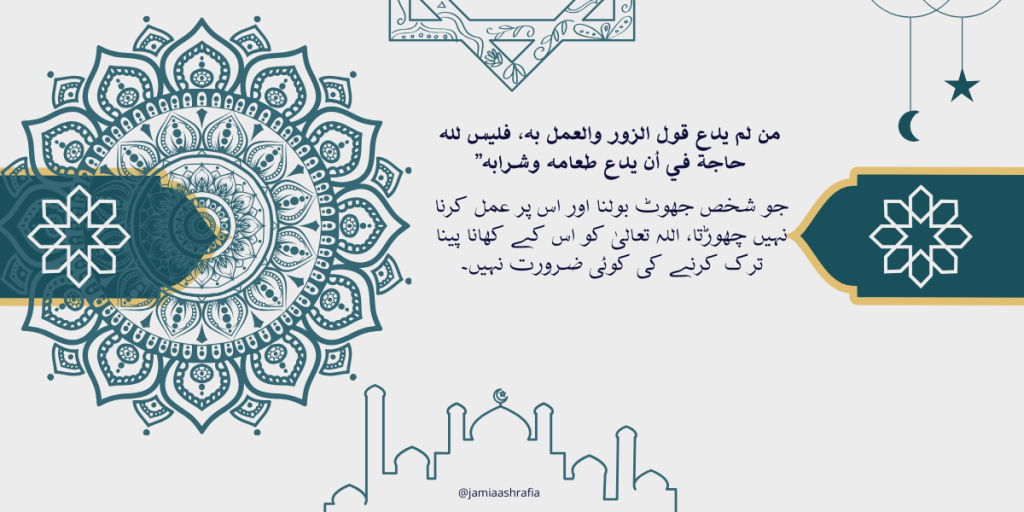
According to the Hadis of the Prophet, if a person does not stop lying and doing prohibited things during fasting, Allah does not want him to fast. Doing backbiting does not break your fast but reduces your reward or Sawab.
Ramazan is made obligatory when three conditions are present, a Muslim, a wise man, and a man when he reaches puberty. Non-Muslims, a mentally unsound person, and kids are not obliged to fast.
“مروا أولادكم بالصلاة لسبع”.
According to Hadis, Muslims should start encouraging their kids to pray namaz from the age of 7 years. Although it is not obligatory to pray at this age, this practice should be encouraged, and parents of those kids will be rewarded for it. Due to this, parents are also advised to encourage their kids to fast during Ramadan from the age of 7 years. Quran says:
“أياما معدودات فمن كان منكم مريضا أو على سفر فعدة من أيام أخر”
According to this Ayat of the Quran, if a person is sick or traveling, he can give up his fast, but he must Qaza the missed fast later in his lifetime. One should not leave the fast intentionally because you cannot Qaza it later. If a person has become physically unfit and can not fast for his remaining lifetime, he must feed a poor person twice a day per missed fast. If you cannot afford to feed the poor, give wheat or money equivalent to 2 kgs to the poor person per missed fast. This is called feedia and only the person who cannot Qaza the missed fast can give it. According to surah Toba Ayat 60, you can give feedia to anyone who is deserving of your Zakat. If you are traveling and the distance is 77km, you are allowed to leave fast and Qaza it later. This is the relaxation given to Muslims. Quran was revealed in the blessed month of Ramadan; hence it is obliged for Muslims to read the Quran during this month. May Allah guide us and accept our fasts.
Al-QURAN Chp#2

